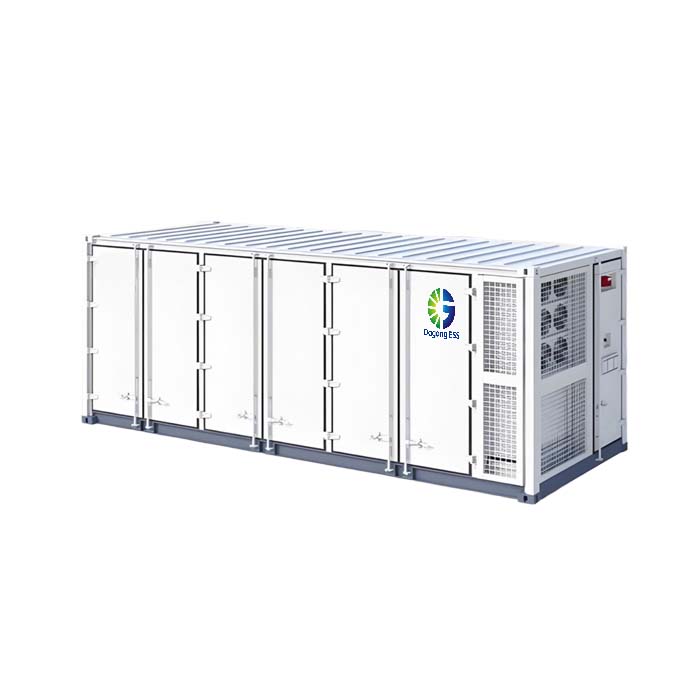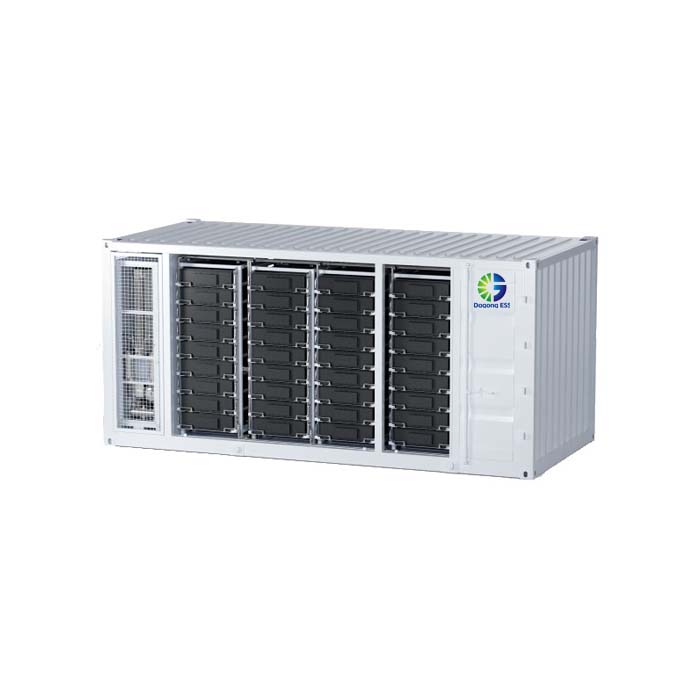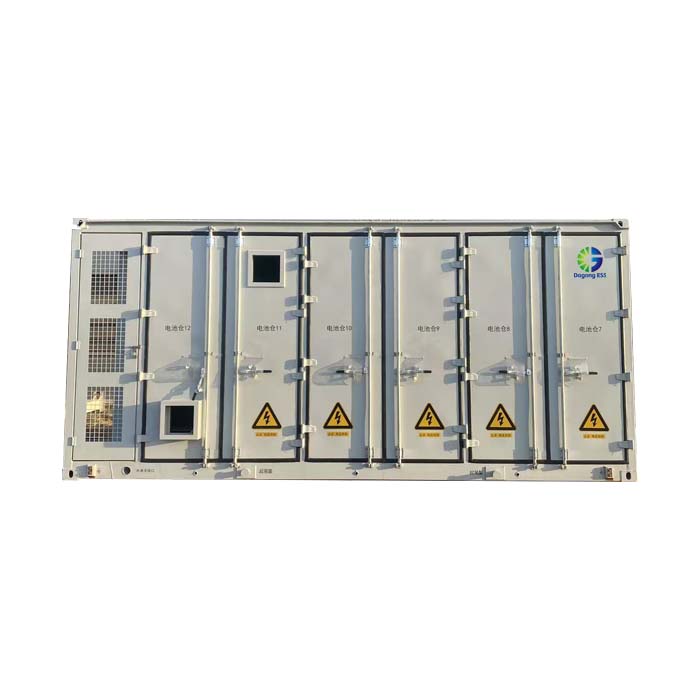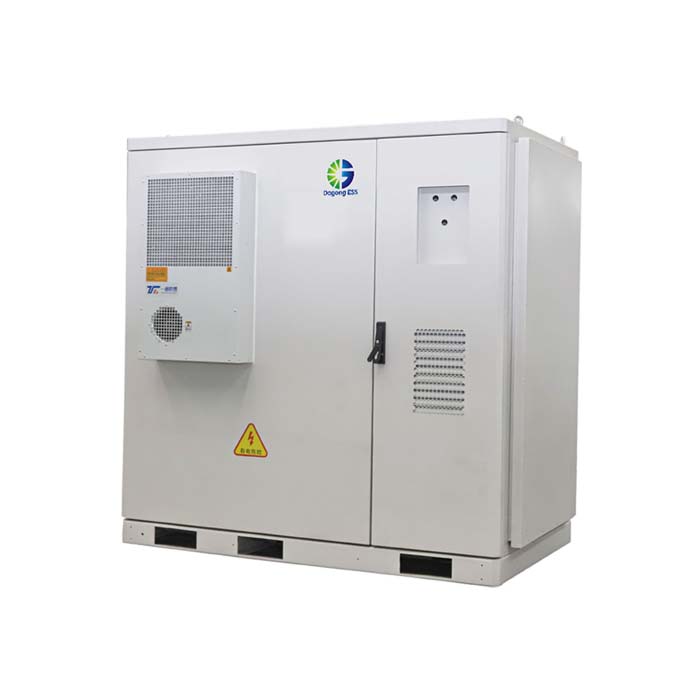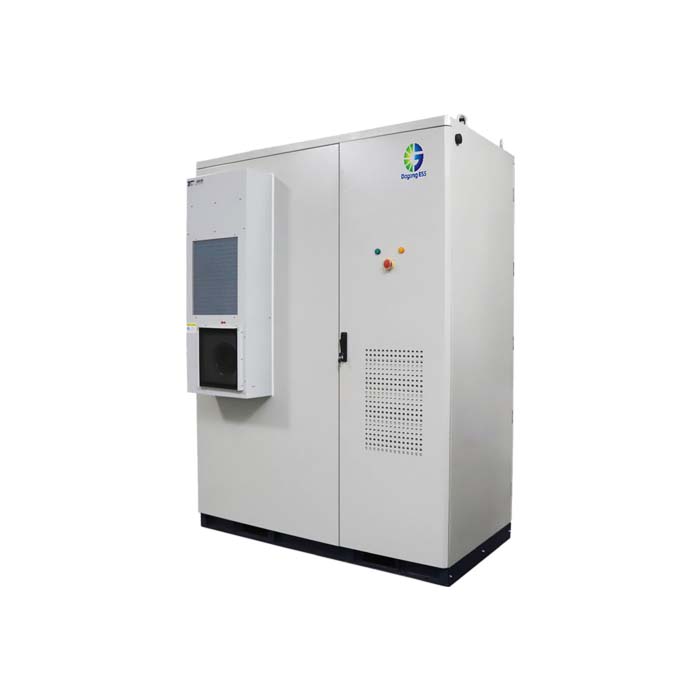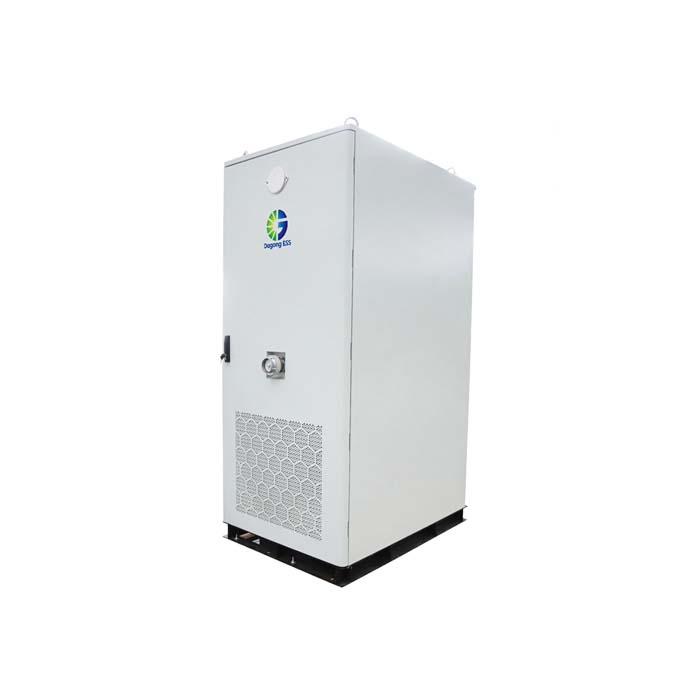EMS in Energy Storage Systems: Functions, Types, Cost, and Integration Guide
What is EMS in ESS?
An Energy Management System (EMS) is the central control platform for energy storage systems (ESS). It monitors, controls, and optimizes the operation of battery systems, PCS (power conversion systems), and grid connections. EMS enables intelligent energy dispatch, peak shaving, load shifting, and integration with renewable energy sources.
Types of EMS
Local EMS – Controls a single ESS site; suitable for residential or small C&I systems.
Cluster EMS – Manages multiple ESS systems in one location; used in large-scale C&I or microgrids.
Cloud-Based EMS – Centralized remote management via the Internet; ideal for multi-site fleets.
AI-Driven EMS – Uses artificial intelligence for predictive control and energy optimization.
Features of EMS
Real-time monitoring of battery, PCS, and grid data
Intelligent charge/discharge scheduling
Demand response and peak shaving
Integration with solar, wind, EV chargers
Remote diagnostics and alerts
Customizable dashboards and APIs
Applications of EMS
Residential Energy Management: Time-of-use optimization and backup automation
Commercial & Industrial ESS: Reduce energy bills, improve reliability, participate in energy markets
Microgrids: Balance local generation and demand, maintain stability
Virtual Power Plants (VPPs): Aggregate and coordinate distributed energy systems
EV Charging + ESS: Optimize load, reduce peak demand charges
Price of EMS
EMS pricing depends on system complexity, communication needs, AI capabilities, and the number of controlled devices.
How to Select EMS for Your Project?
Define your application type: residential, C&I, or utility-scale
Confirm integration with PCS, BMS, PV, and HVAC
Choose local, cloud, or hybrid deployment
Look for AI support and open API protocols
Evaluate security, scalability, and update capabilities
How Long Does EMS Last?
EMS software systems can last 10–20 years, depending on update support, server hosting stability, and hardware longevity. Cloud-based EMS can be upgraded frequently to stay current.
The Supplier of EMS
Dagong ESS delivers fully integrated energy storage systems with smart EMS solutions. Whether for residential backup, C&I optimization, or utility-scale dispatch, Dagong's EMS offers intelligent control, real-time analytics, and compatibility with global protocols. Custom EMS platforms are available for microgrid, EV charging, and VPP applications.
We support OEM/ODM customization and large-scale supply for system integrators and energy solution providers.
Email: sales@dagongess.com
Website: www.dagongess.com


